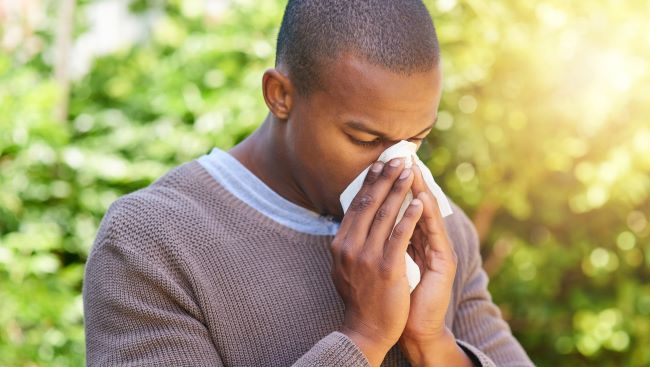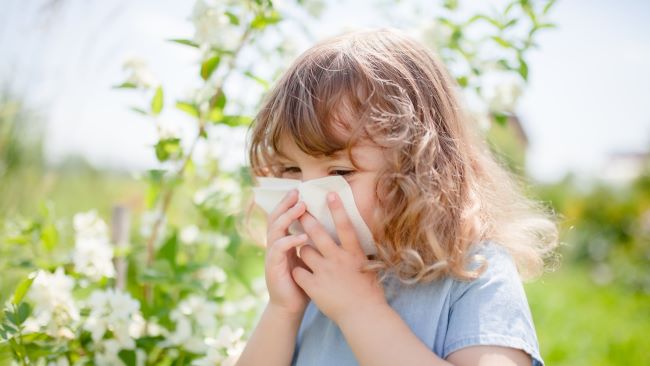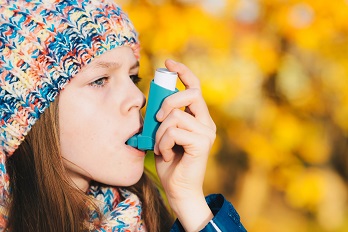Hayfever
As we head towards spring, it’s a good idea to get prepared if you suffer from hayfever. Experts, including Allergy UK, all agree that taking preventative steps can be really helpful when it comes to managing your symptoms.
To help you get ready for the pollen season, we explore effective over the counter medications and look at what you can do at home to prevent hayfever from impacting your life.
Check out your local chemist
Modern antihistamines that you can buy at your local chemist work extremely well and are ideal if your hayfever is mild. Medications such as loratadine and cetirizine are widely available, inexpensive and safe to use - and unlike the previous generation of antihistamines, don’t make you sleepy or prevent you from working.
For those of you with more severe symptoms, a nasal steroid spray, used once a day, is highly effective and has virtually no side effects. And for streaming, itchy eyes, antihistamine eye drops, such as olopatadine, are a good solution. If you need advice on what type of treatment to use, your pharmacist will be able to help you.
Be prepared
It’s always best to start taking your hayfever medication early, before you have the first unpleasant hayfever attack of the season, which can make you further sensitised to the pollen in the air. Allergy UK recommends using a steroid nasal spray two weeks before your symptoms begin, to build up your resistance.
Ms Romana Kuchai, a Consultant Ear Nose and Throat specialist at The Medical Chambers, stresses that this is particularly important for those who have asthma. “80% of asthma sufferers also have hayfever, and pollen can be an allergic trigger for them. Managing their hayfever will help to keep their asthma under control.”
Keep an eye on the pollen count
Hayfever is caused by an allergic reaction to wind-pollinated plants - so that means trees in spring and grass in the summer. It’s helpful therefore to understand that the pollen season happens during three main periods of time:
- Tree pollen from late March to mid May
- Grass pollen from mid May to July
- Weed pollen from end of June to September
Find out which type of pollen affects you and check the UK Met Office for their daily pollen forecast. On days when you might be affected, try not to go outdoors if your symptoms are severe, or wear wraparound sunglasses or a mask, to keep the pollen from your eyes and nose.
Don’t bring the pollen inside
If the pollen count is high and you have to go out, take a shower and wash your hair once you come back in. Some people also find that putting Vaseline on the inside of their nostrils helps keep the pollen from entering their system.
According to Allergy UK, pollen counts are at their highest early in the morning and at the end of the day. So if you do go out, it’s best to do so in the middle of the day. Unfortunately increased carbon dioxide emissions from traffic have made hayfever symptoms worse in recent years, so avoiding highly congested roads is also a good idea.
Visiting our clinic
If you are experiencing hayfever symptoms and would like to see an allergy specialist, or find out more about our treatments, please call 020 7244 4200 or make an appointment online.












